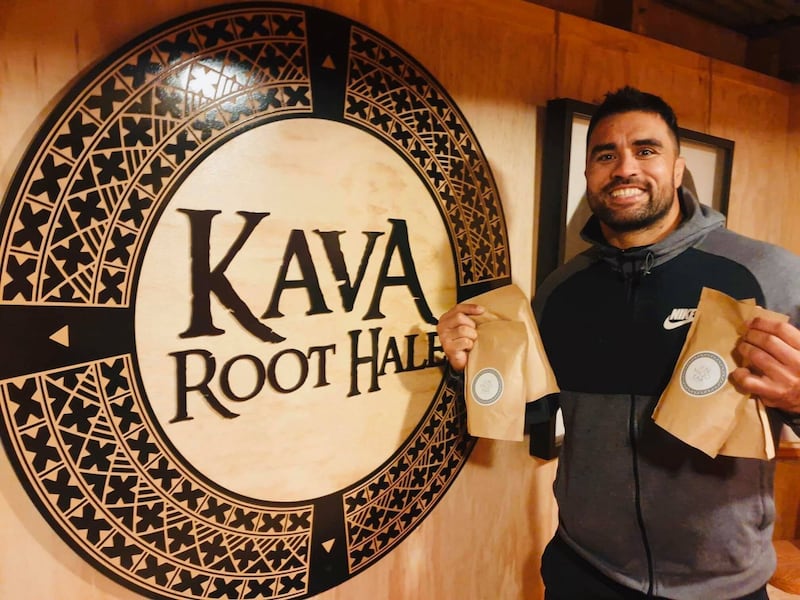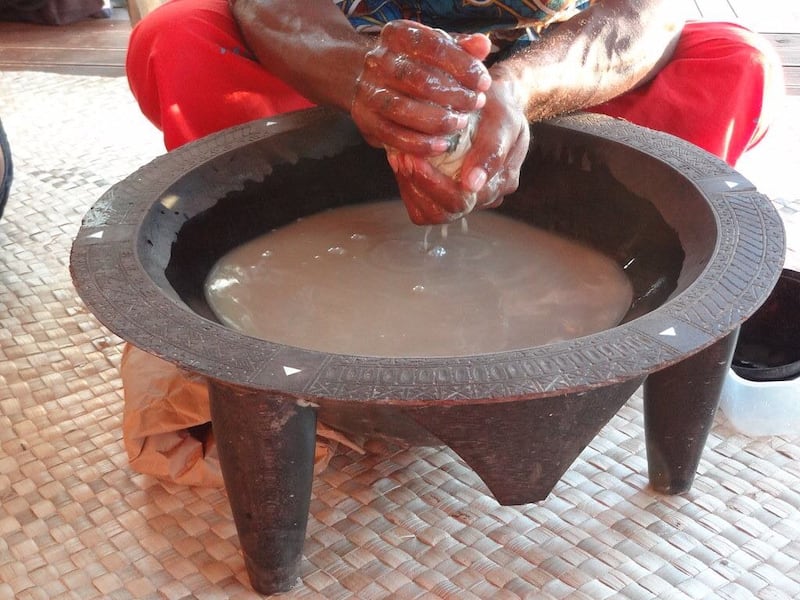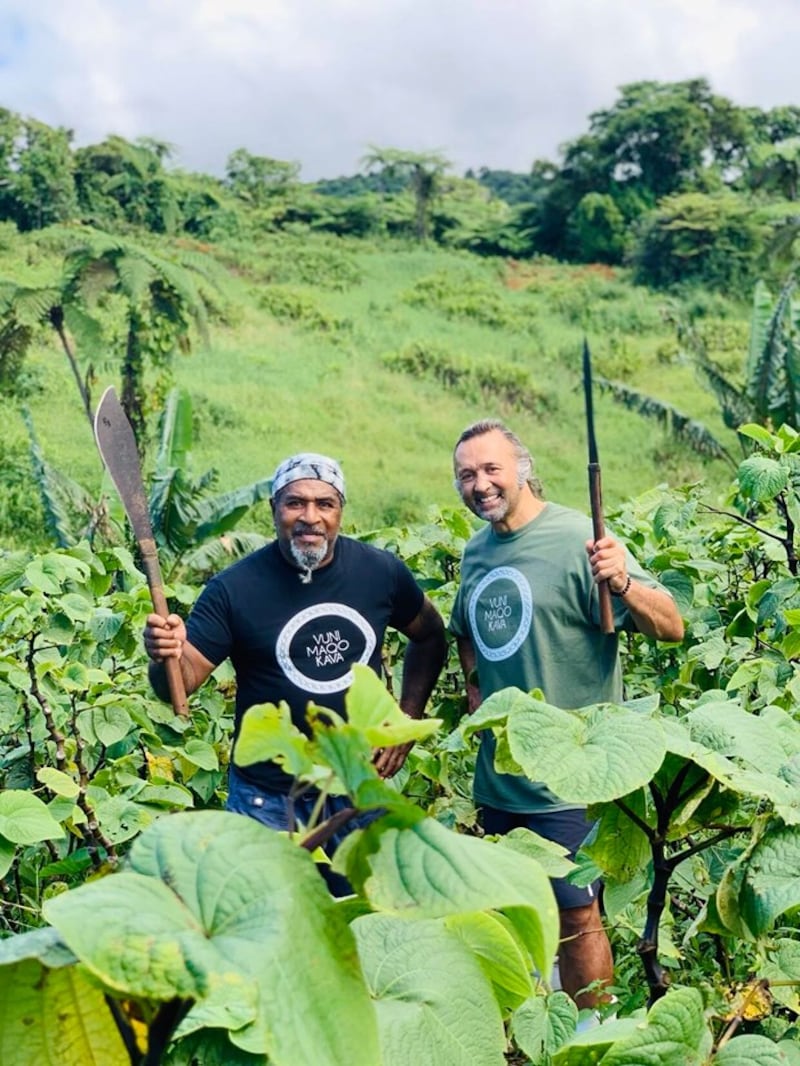'Kava Root Hale' is a kaupapa that aims to unite and uplift Pacific men by having them participate in the traditional ways of the kava ceremony and experience the medicinal properties it contains. Master navigator Hoturoa Barclay-Kerr says that it is a practice of our tūpuna that provides a wholesome environment to discuss important topics.
“It creates opportunities for people to sit in a semi-formal situation where you can actively discuss what's happening in the world, in the whānau. Often solutions and explanations for things come up.
“We will drink kava when we have a reason to drink it.," Barclay-Kerr (Tainui) says

Liam Messam. Photo / Supplied
It is a ceremony that is often misunderstood by many due to the modernisation and somewhat misuse of the practice. However, at the Kava Root Hale located in Hamilton they advocate for the ceremony to be done in its purest form.
“From our perspective, drinking kava has a whole lot of associated kaupapa with it. We don't drink kava to get drunk.
“I do know some people that their whole life revolves around drinking kava all the time but for us that's not where we’re at."

Source / Supplied
Clive Bourne, who was brought up in the tradition and runs the business from his Hamilton home; sources all of the kava directly from the islands of Fiji and Tonga.
He says much of the proceeds from sales are sent back to the farmers.
“We don't just get our kava from the dairy down the road," Bourne says.
"We cut out the middleman and we actually travel to the islands and meet with the farmers, we help them to become self-reliant. "

Founder of Kava Root Hale, Clive Bourne and local Fiji farmer Joe Iesuma. Photo / Supplied
Despite level 4 lockdown limitations, Bourne says many of his customers are still coming to pick up their orders but drinking at home with their families.
“There are so many of them on their Zoom, they're sharing and talking about what they're doing in their homes. So the kava has been a good platform for that, a place for speaking and healing,” he says.

